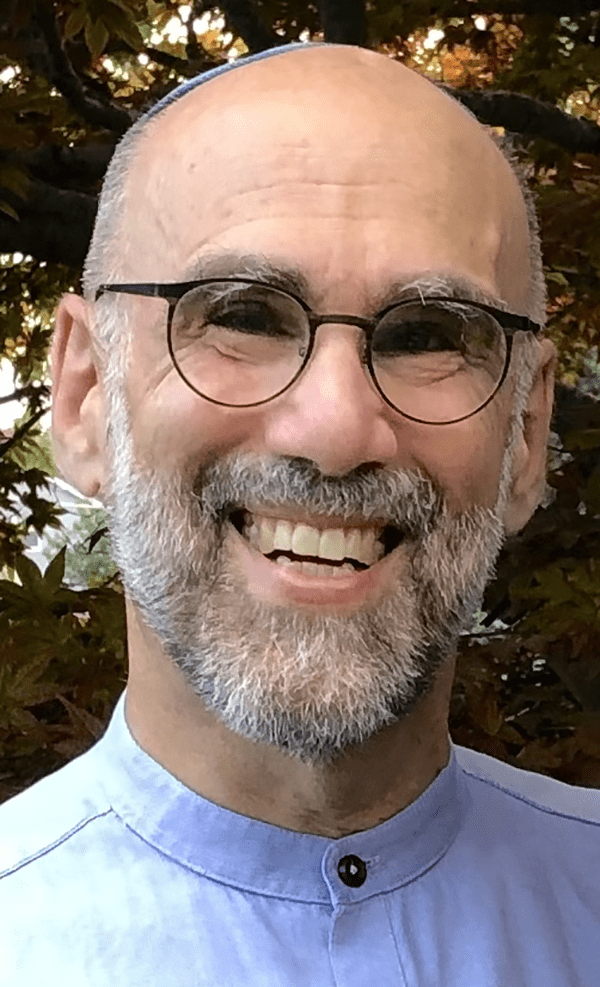Torah Specialist!
My recent posts... Torah specials! As do all blessings, the bracha we recite before learning sacred text or topics begins with praise of Adonai our God. We then offer thanks for the opportunity to engage with words or teachings of Torah: la’asok b’divrei Torah, a text...
Words / yom ha’atzma’ut
Like so many other commentators — ancient to modern — Rabbi Lord Jonathan Sacks elaborates on the construct of tzara’at, an unidentified skin ailment, as recompense for evil speech, lashon hara. Long-ago rabbinic wordplay connected tzara’at to words, speech, that can be hurtful. Aside from a clever acronymic derivation, why would the sages have focused on speech?
Makin’ Matza!
My recent posts...
Selling Chametz
Even if you don’t keep a kosher kitchen, and/or you don’t “convert” your kitchen for Pesach, there is still spiritual value in selling your chametz: You are engaging with myriad Jews worldwide in a practice that can be traced back to Torah and, if you include a donations to “ma’ot chitin,” you are enabling those in need to more fully celebrate Pesach.
Step into Torah
The earth trembles. The blare of shofar resounds and rebounds.
Moshe speaks, Adonai responds in thunder.
Moshe addresses the Israelites amassed at the foot of Mt Sinai: For those of you not fluent in thunder, these are the words of Adonai: “anochi adonai elohecha — I am Adonai your God!” Thus, Moshe proclaims the Ten Statements.
Peals of thunder, flashes of lightning so powerful, palpable, perceptible that “all the people” saw them! Blasts of the horn — shofar — cleave the air. The mountain spews smoke.
At the foot of Mt Sinai, we all stand with the other Israelites, and we see, we hear, we feel….
Moshe proclaims the terms of the Sinai covenant with Adonai: I am your God, your only God. Do not treat Me lightly. Respect even My Name. Shabbat is a path to holiness. Honor the cycle of life. What is not yours do not take, not with your hands nor in your heart.
“All the people saw the thunder / kolot.” Imagine, seeing thunder! Rabbi Samuel Jacob Rubinstein (she’erit menachem, 20th c, Paris) suggests that what the Israelites “saw” was, in effect, prophetic. They heard at Sinai what they would subsequently see and feel in their homes, in their values, in their practices: the spirit of Shabbat, the holiness of kashrut, the sanctity of tohorat mishpacha / family purity.
The 16th c. Italian commentator Sforno interprets the Israelites’ “seeing” as meaning that they understood — they saw — what they would need to do as partners in covenant with Adonai.
The language of the Ten Statements is in the singular: You. And you. And you. Each of “you” is to hear and to heed, to follow and fulfill, teach and transmit. What is our response, what do all the “you” do? “chol ha’am / all the Israelites fall back, vaya’amdu meirachok, and they stand at a distance.”
We remember, right? We were there, each and every one of us! In our collective rabbinic imagination — this is an old tradition — every Jew who ever was is or will be was present at Sinai for the revelation and enactment of this covenant.
So we saw the thunder. Perhaps we had a temporary collective bout of synesthesia, a crossing of the senses: Sounds cause one to see colors or shapes, a scent triggers physical sensations, words have taste.
When presented with Torah at Sinai, we all backed away! Why? The terms of relationship with Adonai have been spelled out, and maybe we’re not so sure about this. Do we have concerns? Are we willing to do what Torah is demanding of us? Do we already sense that we might disagree with what our sages determine Adonai wants of us?
Torah is often short on detail about how we are to fulfill Adonai’s commandments. For example, what constitutes respect or honor of our parents? What work we are not to do on Shabbat? Why is sodomy forbidden? And who gets to make those determinations?
Perhaps we foresaw the challenges in the words we heard at Sinai, and in a self-protective reflex, we stepped back. Some of us may have stepped back to take it all in and ponder it. Some of us may have stepped back in an expression of “Wow! This is an amazing opportunity!” Torah is clear that only Moshe stepped forward.
Today, are we going toward Torah? Away from it? Have we found a comfortable place for Torah in our lives, or a comfortable place for our lives in Torah?
May we always be open to new understandings of and inspirations from Torah. May we be moved always to step toward Torah, to learn more, to find deeper meaning in our observances. May we share our own insights and discover more of the experience of Sinai in our souls.
May we always remember that the words of the Sinai covenant with Adonai were addressed to each of us…to me, to you, to you, and to you.
Shabbat shalom! שבת שלום


